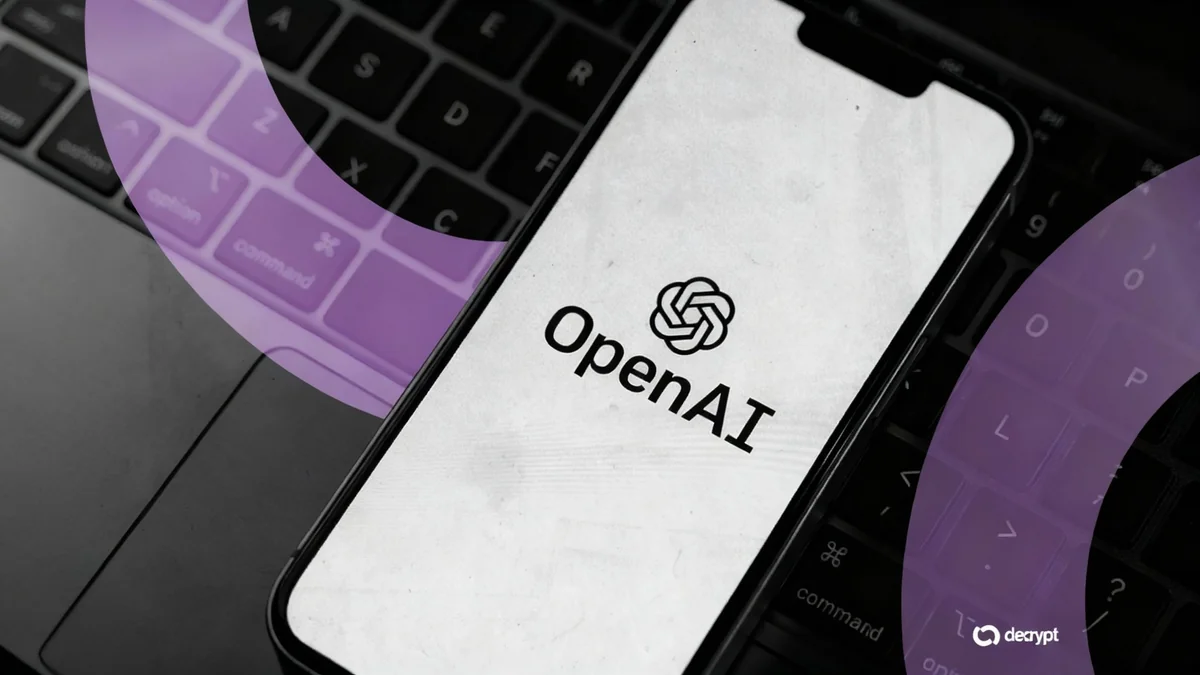A coordinated global effort to curb the illicit use of cryptocurrencies is gaining momentum, with authorities in the United States and Europe levying heavy sanctions, prison sentences, and multi-million dollar fines. Recent actions have targeted everything from state-sponsored hacking groups in North Korea to non-compliant exchanges and privacy-focused software developers, signaling a new era of stringent oversight for the digital asset industry.
These enforcement actions highlight a clear message from regulators: the days of operating in the financial shadows are numbered. The focus is increasingly on dismantling the complex financial networks that support everything from weapons programs to money laundering, using the transparency of blockchain technology against those who seek to misuse it.
Key Takeaways
- The U.S. Treasury has sanctioned eight North Korean bankers for their role in laundering stolen crypto to fund the nation's weapons programs.
- North Korea is estimated to have stolen over $2.84 billion in digital assets since the beginning of 2024, according to a Multilateral Sanctions Monitoring Team report.
- Coinbase Europe has been fined $24.8 million by the Central Bank of Ireland for significant failures in its anti-money laundering (AML) protocols.
- The developer of Samourai Wallet, a Bitcoin privacy tool, was sentenced to five years in prison for operating an unlicensed money transmitter.
Targeting State-Sponsored Theft
International focus has sharpened on the Democratic People's Republic of Korea (DPRK), which has become a prolific and sophisticated actor in the world of cybercrime. The state is accused of orchestrating massive cryptocurrency heists to circumvent international sanctions and fund its prohibited weapons development programs.
A recent report from the Multilateral Sanctions Monitoring Team, a body responsible for tracking UN sanctions violations, revealed staggering figures. The team found that North Korea has stolen approximately $2.84 billion in crypto since January 2024 alone. A significant portion of this, at least $1.65 billion, was acquired in just the first nine months of the year.
According to the monitoring team, much of the stolen funds from this year were linked to a major hack in February, demonstrating the scale and efficiency of the DPRK's cyber operations.
Dismantling the Financial Pipeline
In a direct response to these activities, the U.S. Treasury Department has taken decisive action. The agency recently sanctioned a network of eight North Korean bankers, primarily located in China and Russia. These individuals are accused of playing a critical role in a global money laundering operation.
The Treasury stated that these bankers helped convert stolen cryptocurrency into fiat currency, which was then funneled back to North Korea. The funds were allegedly sourced from a variety of illicit activities, including ransomware attacks and sophisticated IT-related scams carried out by North Korean operatives.
This move is part of a broader strategy to disrupt the financial infrastructure that enables the DPRK to profit from its cybercrimes. By targeting the individuals who facilitate the laundering process, authorities aim to make it significantly harder for stolen digital assets to be integrated into the legitimate global financial system.
Regulatory Scrutiny Hits Major Exchanges
The crackdown is not limited to state actors. Major cryptocurrency exchanges are facing intense pressure to comply with strict anti-money laundering (AML) and counter-terrorist financing (CTF) regulations. Failure to do so is resulting in severe financial penalties.
The Importance of AML Compliance
Anti-money laundering regulations require financial institutions, including crypto exchanges, to monitor customer transactions and report suspicious activity to law enforcement. These rules are designed to prevent criminals from disguising illegally obtained funds as legitimate income. Robust AML systems are considered a cornerstone of financial integrity.
Coinbase Europe recently learned this lesson firsthand. The Central Bank of Ireland (CBI) imposed a $24.8 million (€21.5 million) fine on the company for what it described as serious breaches of its AML and CTF obligations. This marked the first major enforcement action of its kind against a crypto firm in Ireland.
"To be effective in combating financial crime, law enforcement agencies rely on regulated financial institutions to have systems in place to monitor transactions and report suspicions," said Colm Kincaid, a deputy governor at the CBI, emphasizing the critical role exchanges play in the fight against financial crime.
The fine sends a powerful message to virtual asset service providers operating in Europe that regulators will not tolerate lax compliance standards. As the industry matures, exchanges are expected to implement the same level of rigorous oversight as traditional banks.
The Line Between Privacy and Illicit Activity
The debate over financial privacy in the crypto space has also entered the courtroom, with significant consequences for software developers. The case of Samourai Wallet, a Bitcoin application designed to enhance user privacy, has set a precedent that is being closely watched by the industry.
Keonne Rodriguez, a developer of the wallet, was sentenced to five years in prison after pleading guilty to conspiracy to operate an unlicensed money transmitter. He was also ordered to pay a $250,000 fine. The Samourai Wallet app included features that allowed users to mix their Bitcoin transactions, making them more difficult to trace on the public blockchain.
Prosecutors argued that these features intentionally facilitated money laundering by obscuring the source of funds. This case highlights the legal risks for developers creating tools that can be used for both legitimate privacy protection and illicit purposes. Regulators are increasingly drawing a hard line, holding creators accountable for how their platforms are used.
A Broader Push for Legitimacy
While enforcement actions dominate headlines, there are also parallel efforts to foster responsible crypto adoption. In a notable partnership, the global exchange Binance announced it is working with the city government of Buenos Aires, Argentina.
The collaboration aims to educate citizens on the safe and effective use of digital assets. Through awareness campaigns and educational programs, the initiative seeks to position crypto as a tool for financial empowerment rather than a vehicle for crime. This move illustrates the industry's dual track: as regulators purge bad actors, other participants are working to build a foundation of trust and legitimacy with the public and governments.
Ultimately, the recent wave of sanctions, fines, and prison sentences represents a fundamental shift. The digital asset ecosystem is being forced to mature, adopting the transparency and accountability long required of traditional finance. For investors and users, this transition promises a safer, more stable environment, but it also signals the end of the industry's unregulated early days.





